Retinol After Botox: Essential Tips for Care
Retinol After Botox: Essential Tips for Care
When it comes to maintaining youthful, vibrant skin, combining skincare treatments like retinol and Botox has become increasingly popular. However, navigating the care regime post-procedures can be challenging without the right guidance. In this comprehensive blog, we delve into the essential tips for incorporating retinol into your skincare routine after receiving Botox injections, ensuring you get the most out of both treatments without compromising your skin's health.
Understanding Botox and Retinol

Before we dive into post-treatment care, it's crucial to understand what Botox and retinol are and how they function differently to improve skin appearance.
Botox, a neurotoxin derived from Clostridium botulinum, temporarily relaxes facial muscles, reducing the appearance of lines and wrinkles. It's most effective on dynamic wrinkles that appear while moving your face, such as forehead lines and crow's feet.
Retinol is a derivative of vitamin A, lauded for its ability to promote skin renewal and enhance collagen production. This powerhouse ingredient tackles fine lines, wrinkles, and uneven skin tone by accelerating cell turnover.
Combining these treatments can dramatically enhance your skin's texture and appearance, but the key to success lies in understanding the proper care and timing.
Post-Botox Care: The First 24 Hours
Immediately after Botox injections, your primary goal is to ensure the product stays precisely where it was injected. To this end:
- Avoid touching, rubbing, or applying pressure to the treated areas. This can cause the Botox to spread to unintended muscles.
- Stay upright for at least 4 hours after your treatment. Avoid bending over or lying down to prevent the Botox from migrating.
- Skip the gym for the day. High-intensity workouts can increase blood flow to the face, potentially dispersing the Botox.
Introducing Retinol After Botox: Timing Is Key

When incorporating retinol into your skincare routine post-Botox, timing and patience are vital. It's advisable to wait at least 24 hours before applying any topical treatments, including retinol, to avoid irritation and ensure the Botox settles properly.
Start Slowly: If you're new to retinol, begin with a lower concentration and gradually increase it to allow your skin to adjust. This minimizes potential irritation, such as redness and peeling.
Hydration is Crucial: Retinol can be drying, so pairing it with a hydrating moisturizer is essential. Look for products containing hyaluronic acid or ceramides to bolster your skin's moisture barrier.
Maximizing Benefits While Minimizing Risks
To reap the benefits of both Botox and retinol without compromising your skin's health, follow these guidelines:
- Use Retinol at Night: Retinol makes your skin more susceptible to sun damage. Applying it at night and using a broad-spectrum SPF during the day is crucial to protect your skin.
- Monitor Your Skin's Response: Everyone's skin reacts differently to skincare treatments. If you notice excessive dryness, irritation, or other adverse effects, scale back on retinol usage and consult with a dermatologist.
FAQs
Q: Can I use retinol the night before Botox?
A: Yes, but it's best to skip retinol 24-48 hours before and after Botox to avoid any unnecessary irritation.
Q: How often should I use retinol after Botox?
A: Start with 1-2 times a week, gradually increasing as your skin tolerates, up to every other night.
Q: Will retinol affect the longevity of my Botox?
A: No, retinol should not impact the duration of your Botox results. In fact, when used correctly, it can complement Botox by improving skin texture and tone.
Q: Can I get a facial after Botox?
A: It's recommended to wait at least 24 hours before any facial treatments to ensure the Botox has settled properly.
Incorporating retinol into your skincare routine after Botox can significantly enhance your skin's appearance, provided you follow the essential tips for care outlined in this blog. Remember, the key to achieving the best results is patience, proper timing, and listening to your skin's needs. Always consult with a skincare professional to tailor the best care regimen for your unique skin concerns.


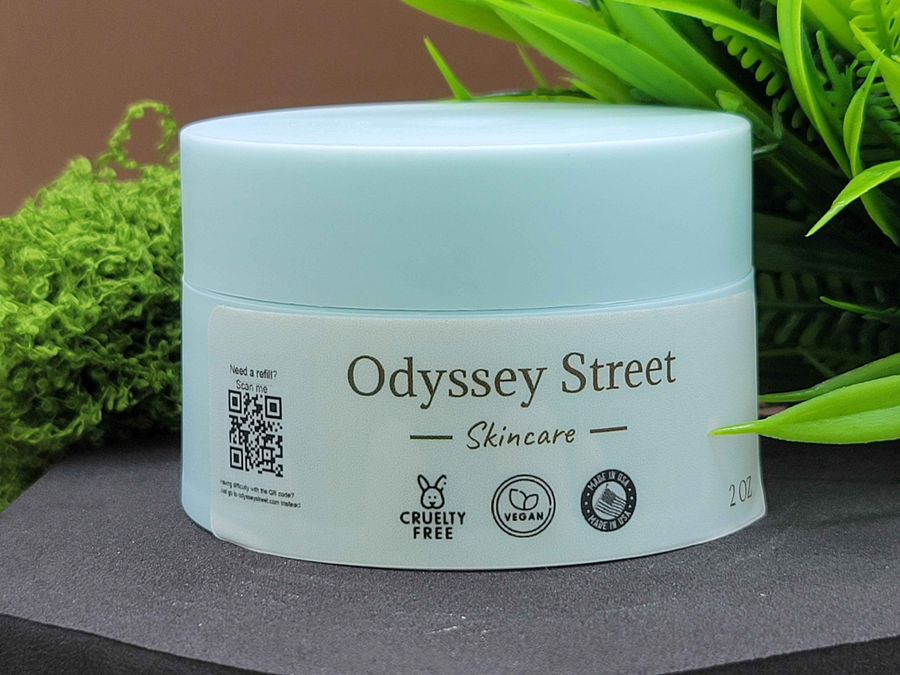
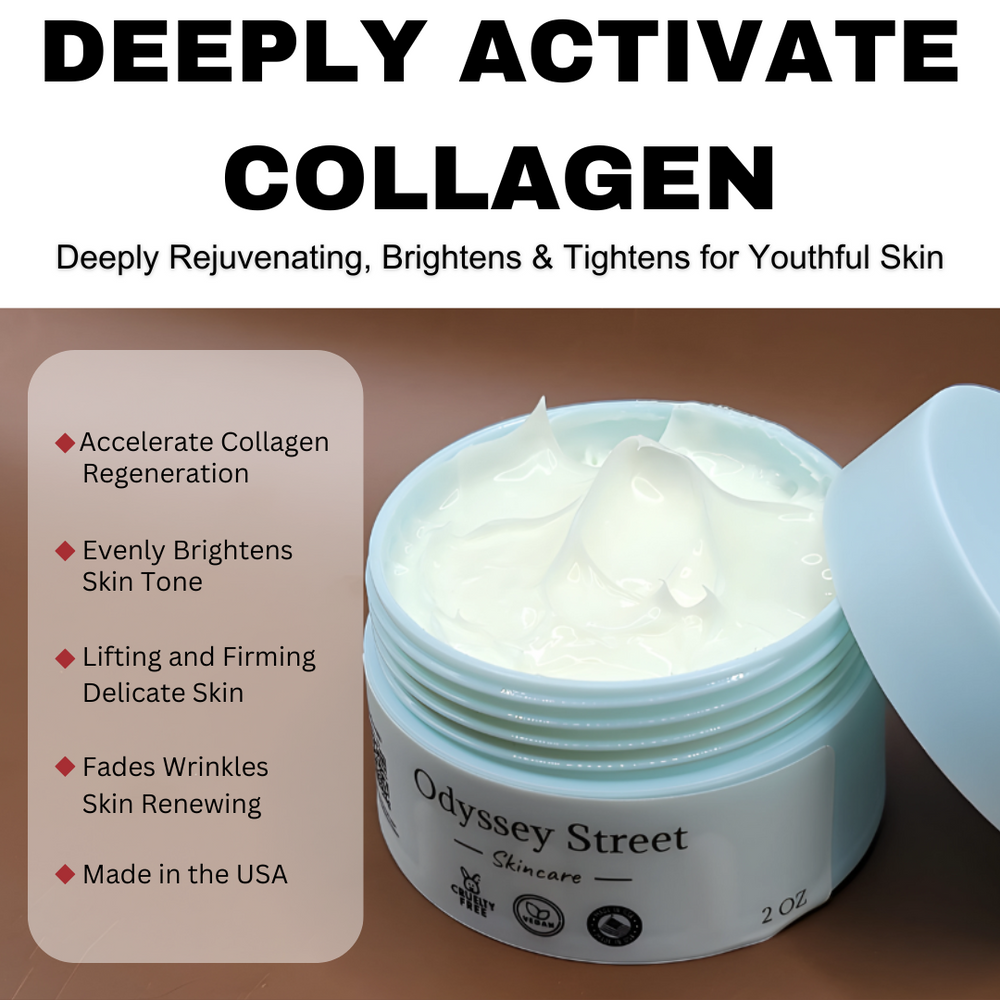




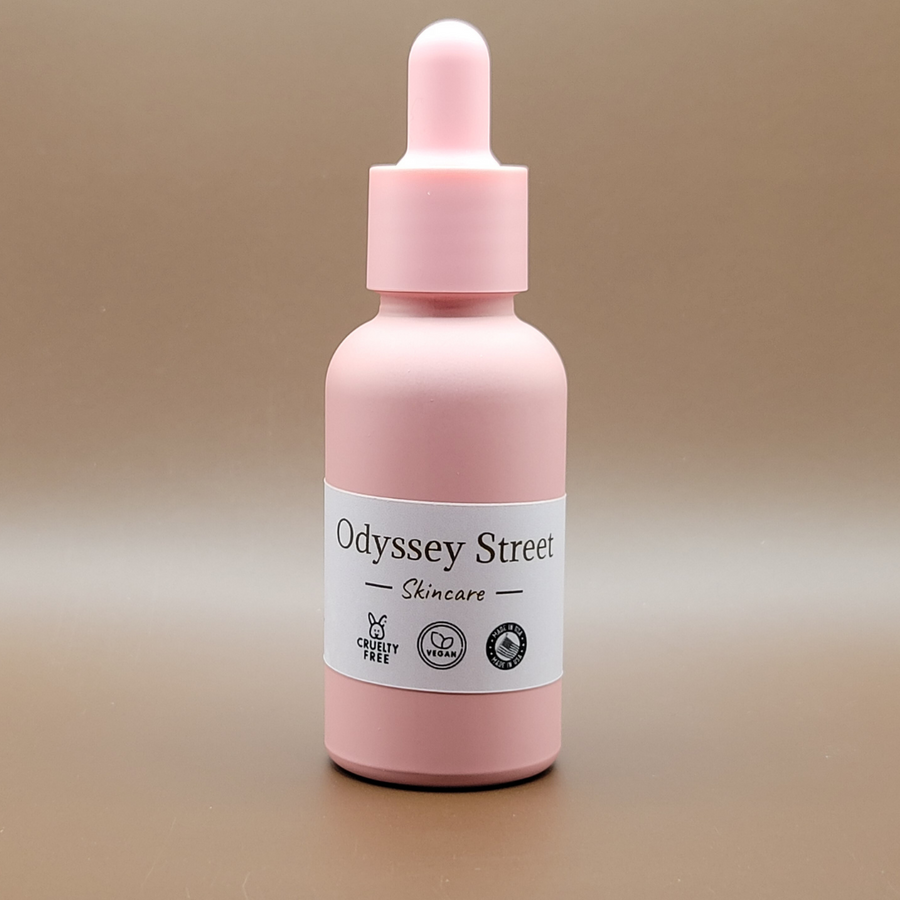
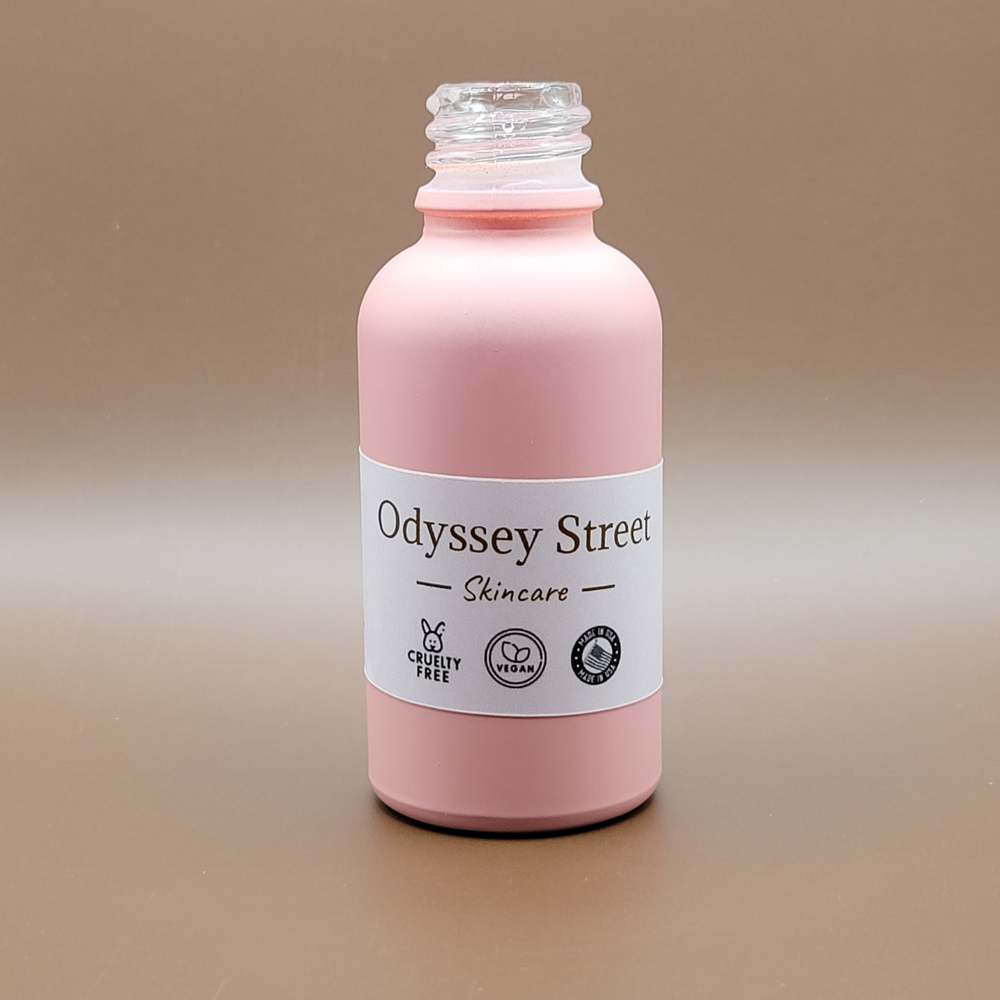
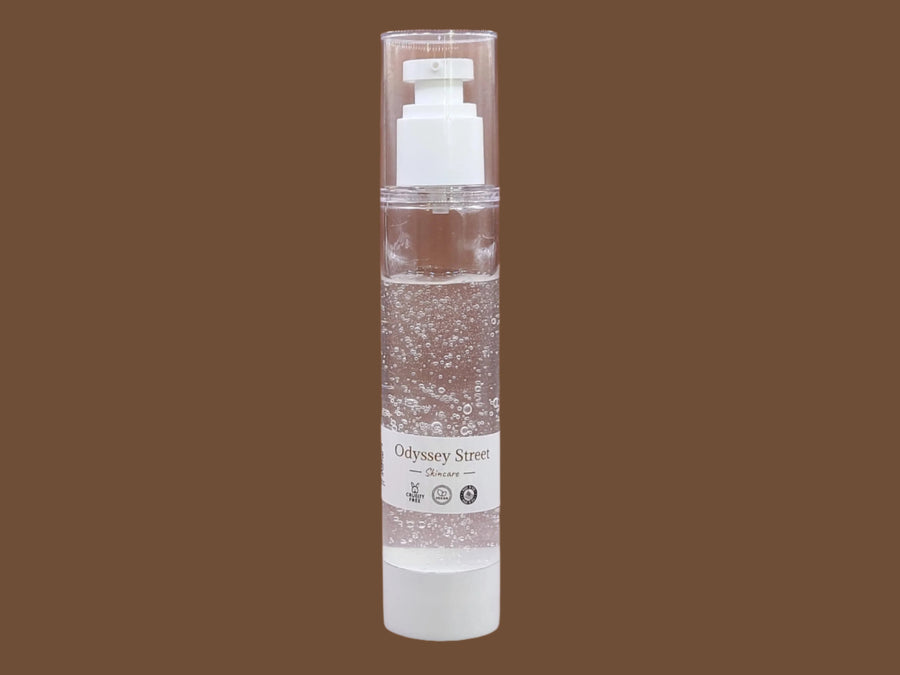
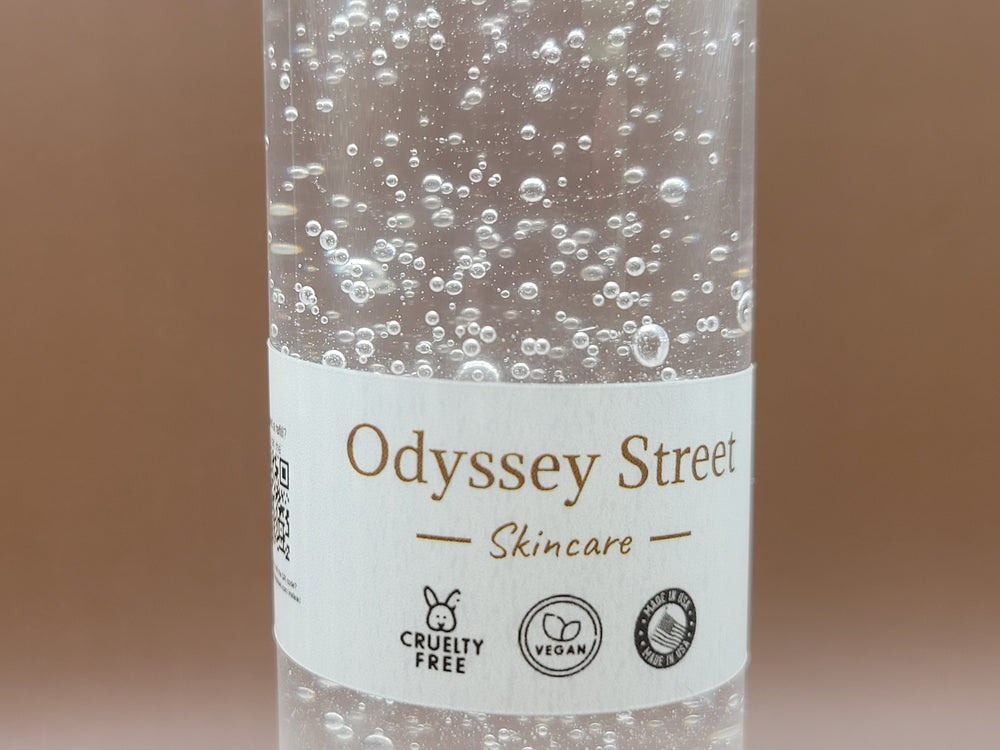
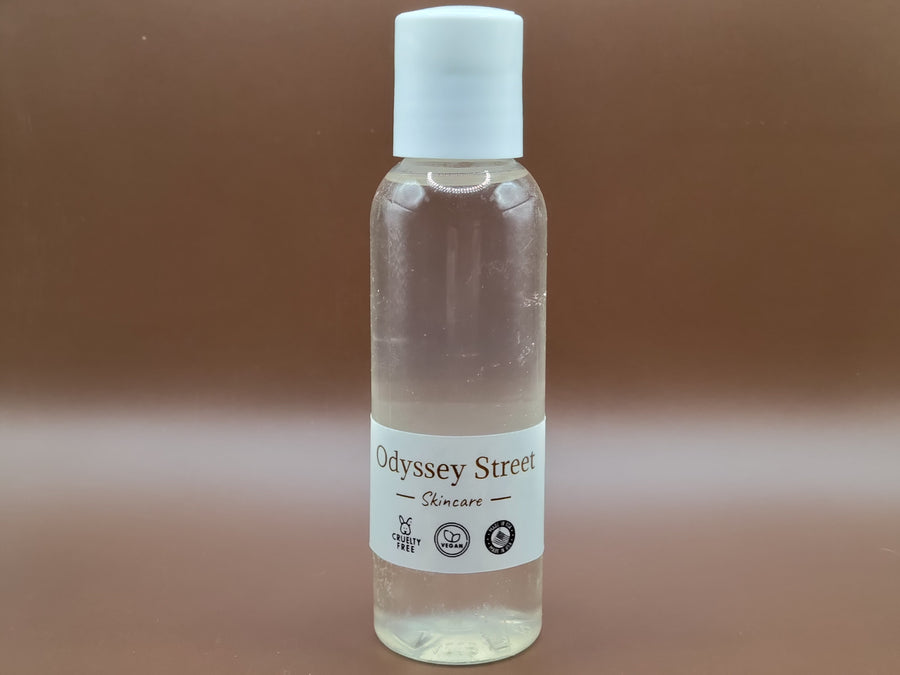
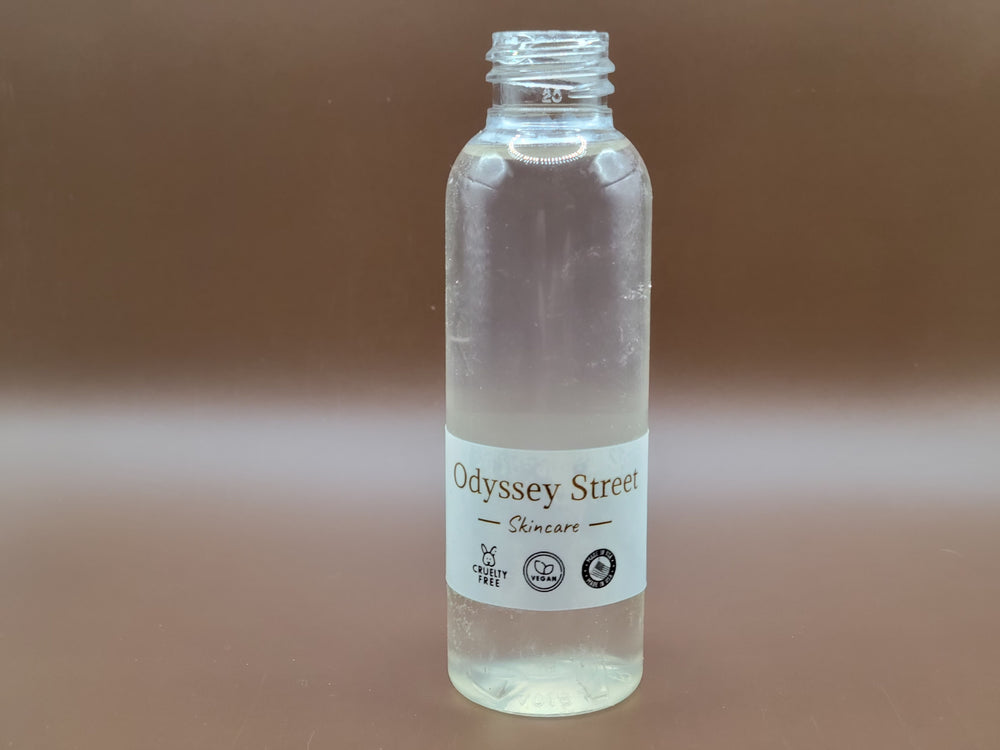
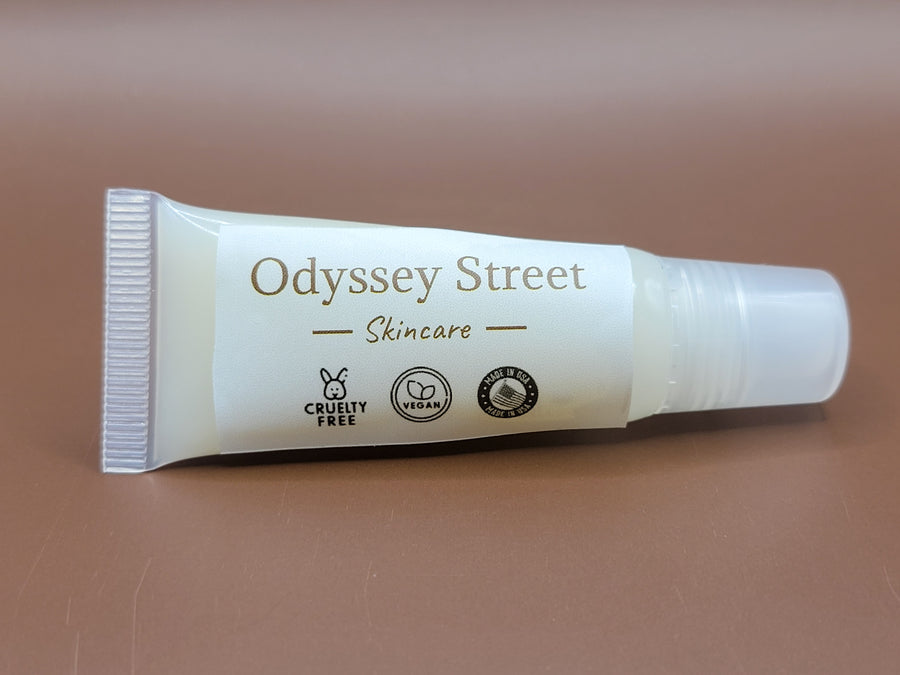
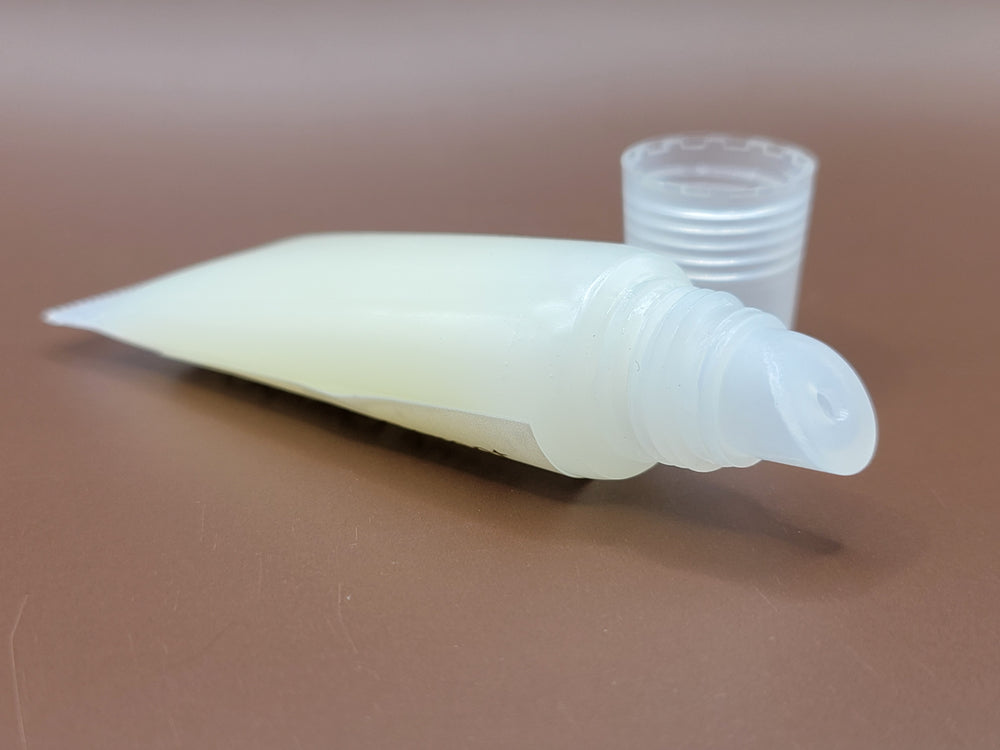
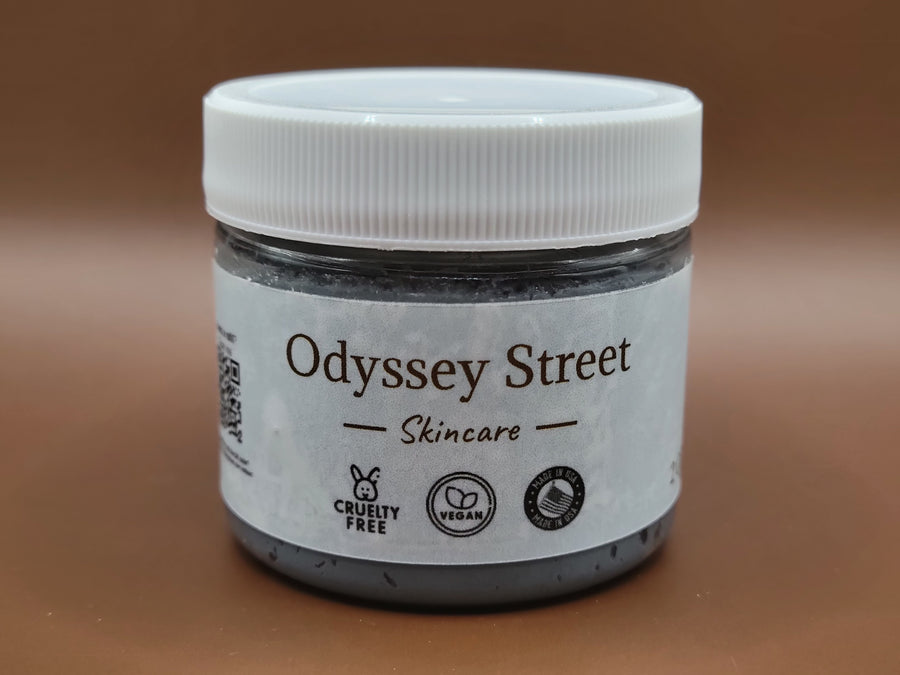
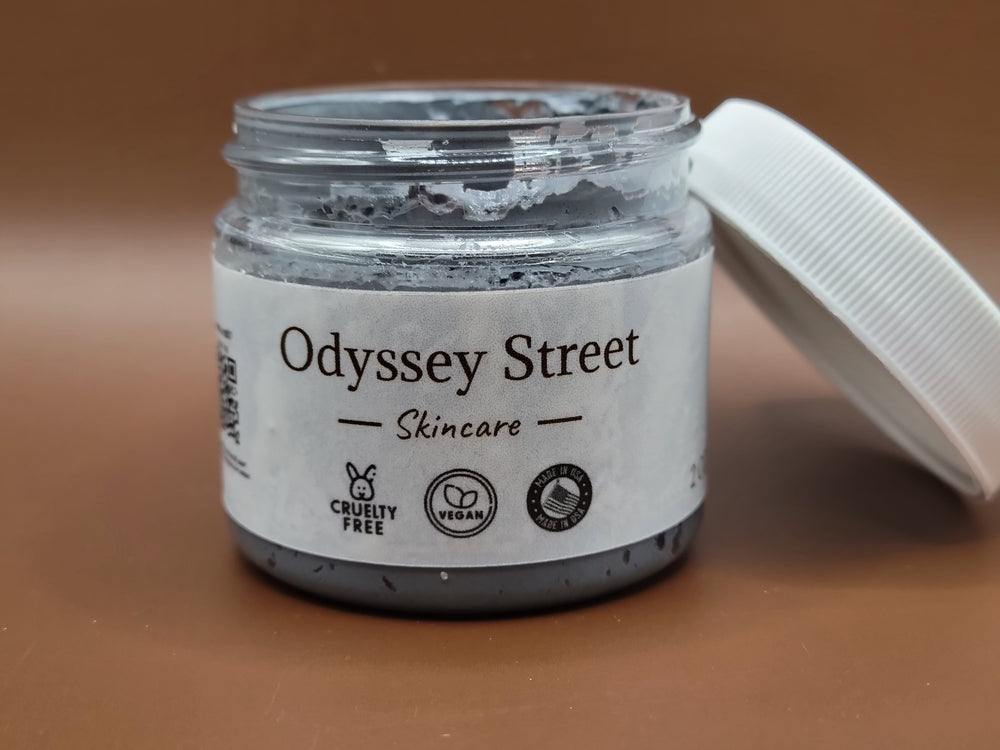
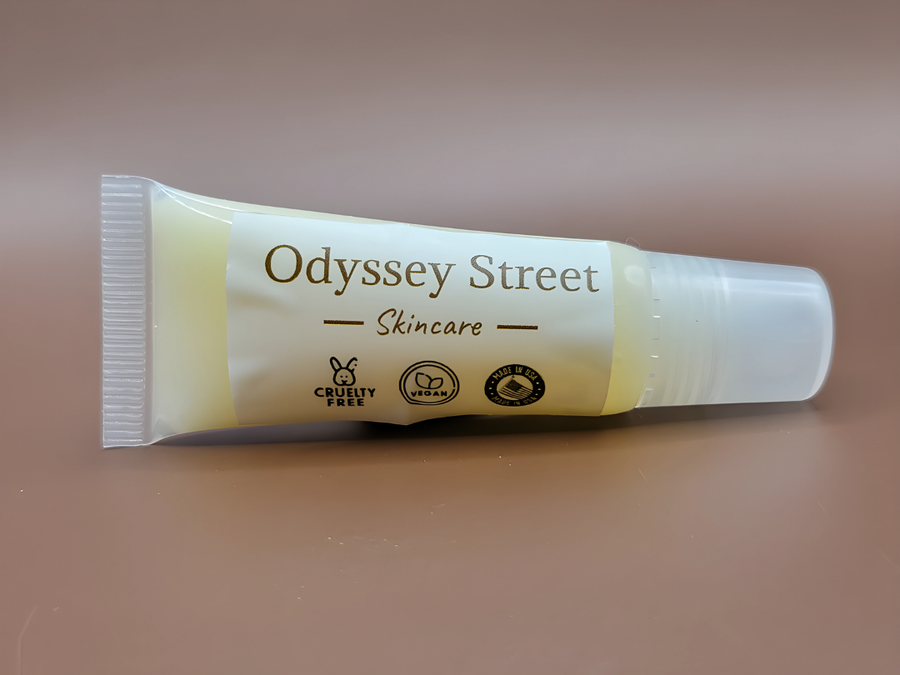
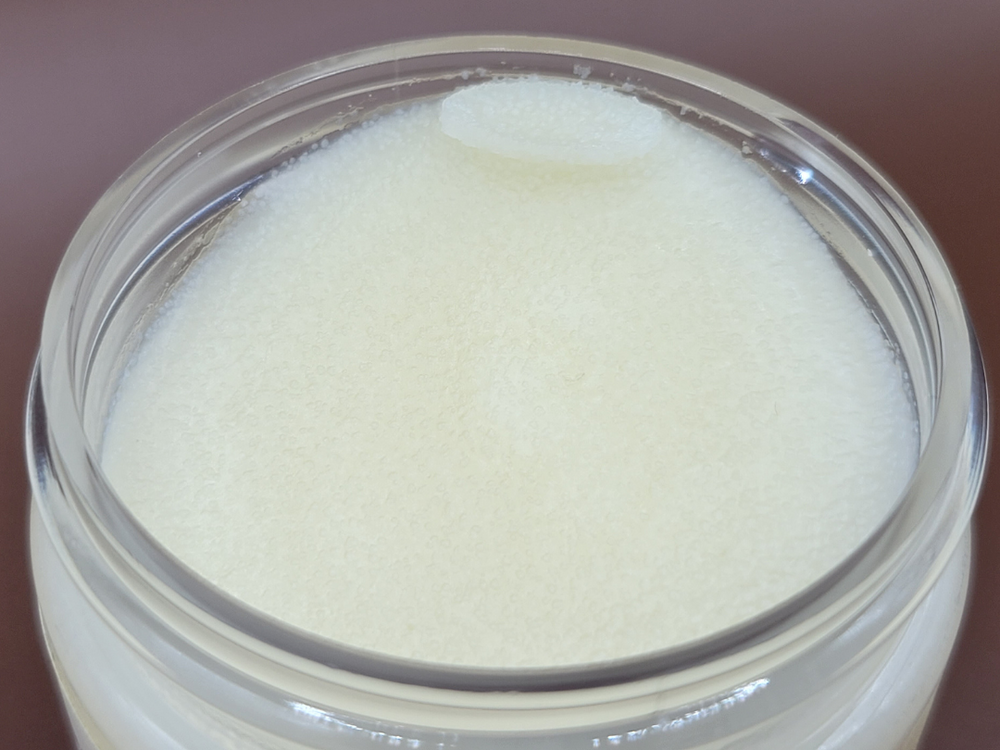
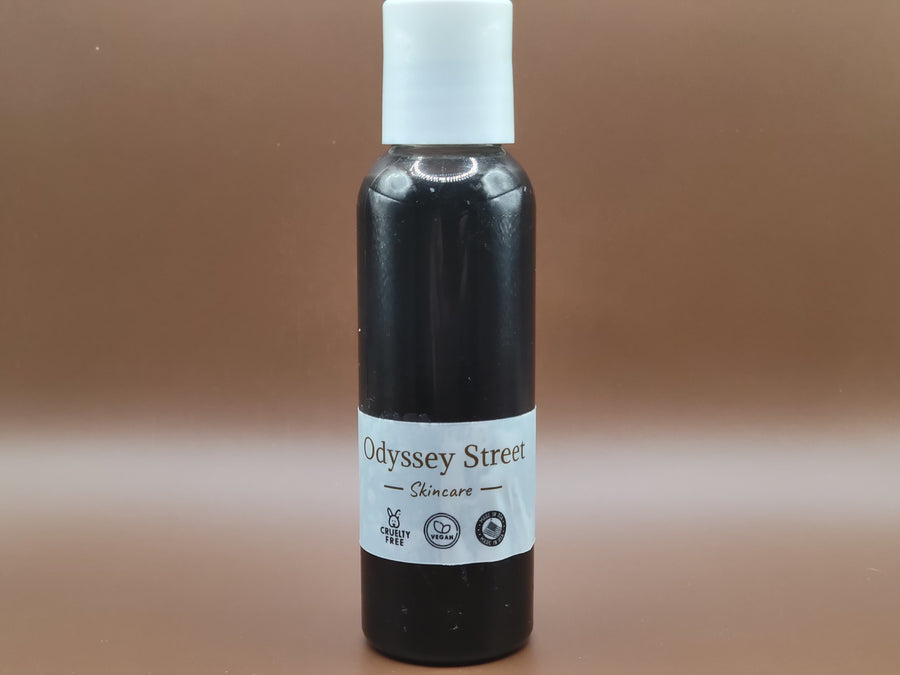
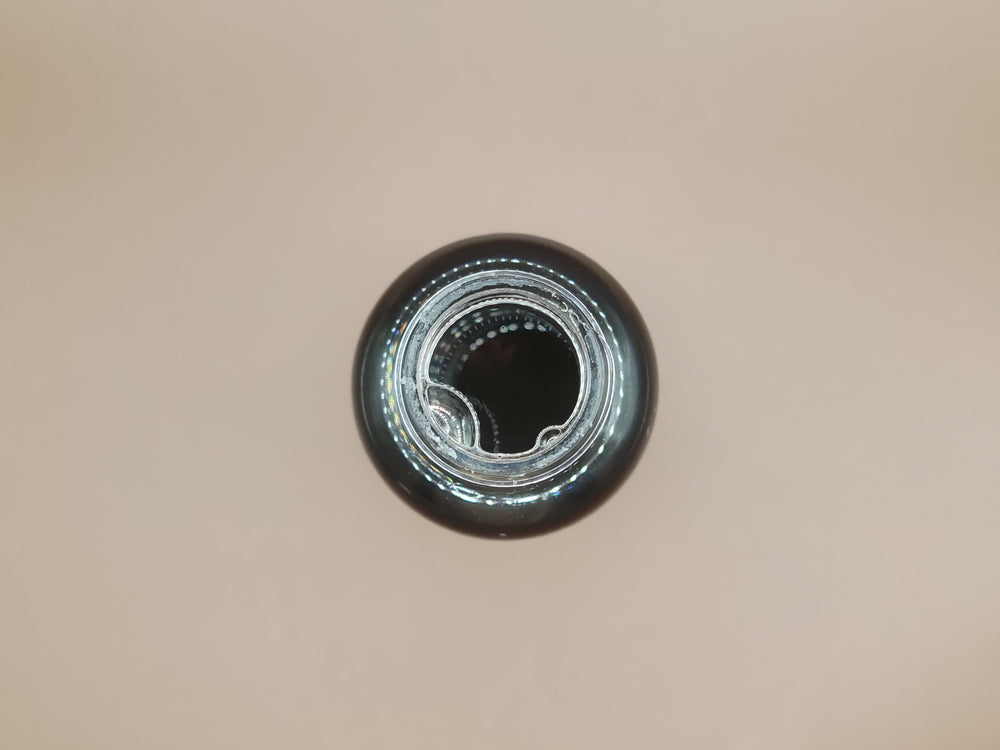
Leave a comment